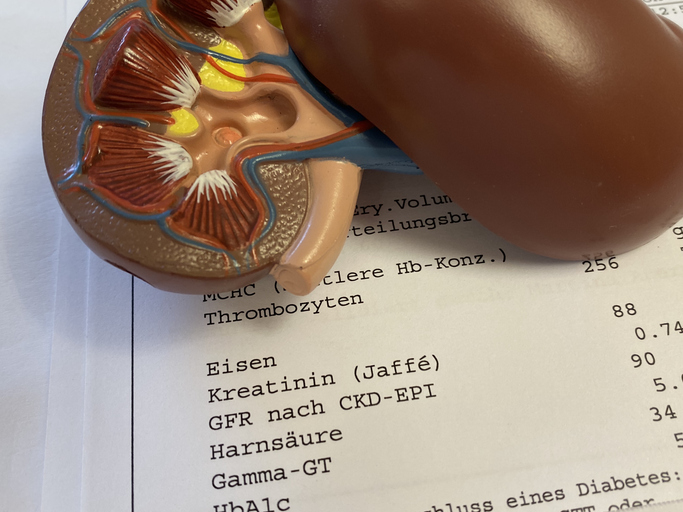Why start a plant-based diet?
“A plant-based diet includes eating more plant foods like whole grains, fruits, vegetables, nuts, legumes (beans, peas, and lentils), and healthy plant oils (such as olive or canola) and less animal foods like dairy, eggs, fish, and meat. Growing evidence shows that plant-based diets may help prevent health problems like heart disease and further kidney damage in people with kidney disease. Some studies say that people living with kidney disease who followed a plant-based diet lived longer than those whose diets were more animal-based. However, starting a plant-based diet does not mean that you need to become a vegetarian and cut all sources of animal protein from your diet. One study has shown that swapping out animal protein with plant protein at two out of three meals per day may be enough to provide health benefits of a plant-based diet in patients with chronic kidney disease.”
Read more, here.






